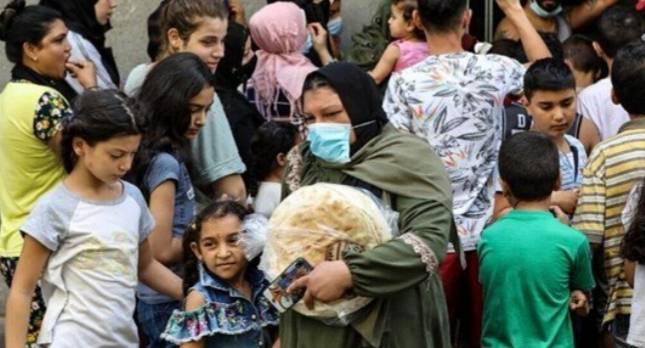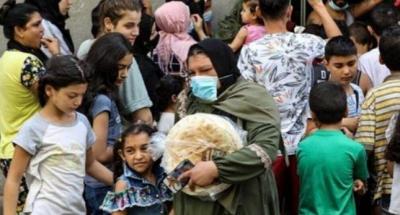The bread crisis is deteriorating from bad to worse. A significant number of mills have ceased operations, claiming a lack of wheat, which prevents bakeries from operating at their full production capacity. After the state exhausted its funds on subsidies, the country found itself without subsidized goods, including bread. The caretaker Minister of Economy, Amin Salam, revealed that subsidies on flour will be lifted in nine months, meaning the price of a loaf of bread could reach 30,000 Lebanese pounds, noting that the agreement with the World Bank is to end subsidies on flour. However, from now until then, it appears the crisis of dwindling bread will have no limit or end, and Lebanese people will remain trapped in this cycle. Meanwhile, reports continue of bread and flour smuggling to Syria, alongside their sale on the black market, with some traders accused of monopolizing flour.
In discussing the developments of the crisis, the head of the Bakeries Owners Association in Mount Lebanon, Antoine Saif, stated to "Al-Monitor" that "the mills and sources from the Ministry of Economy say that wheat ships will need time to arrive in Lebanon until the beginning of the week. However, the subsequent procedures take a long time as the Central Bank of Lebanon is supposed to transfer the necessary funds abroad to pay for the wheat amid a strike. Additionally, laboratories take samples and conduct tests to issue results that allow its use, a process that takes about a week if laboratories expedite their work. Thus, from today until then, it is certain that the crisis is moving towards a worse state."
He emphasized that "it is natural to be in a crisis amid the closure of five mills in Beirut due to a lack of wheat in their stock, knowing that we were promised by the Ministry of Economy that wheat was secured, and we do not know why it is still unavailable. We raise these questions to the relevant authorities: Why are the mills closed while the state claims that wheat is available? If the mills are closed in Beirut and Bekaa, how can the bakeries produce?"
Saif affirmed that "there is no solution outside of two options: either the Central Bank allocates funds from reserves to secure wheat for about eight months with an amount exceeding $100 million, or expedite obtaining the $150 million loan from the World Bank. If the state wants to lift the subsidy, it should make the decision now because the crisis is about to inflate."
Regarding the resurgence of black market traders and monopolies, he commented, "We urge all bakeries to operate according to the law, and this is within the jurisdiction of the Ministry of Economy, which should expose violators, refer them to the Public Prosecution, and close their businesses with red wax because the union does not cover anyone." He pointed out that "mistakes happen, and no one is above them, but mills do not deliver flour in the first place to be monopolized by bakeries in a way that creates this crisis. The existence of 5 or 6 tons in their stock does not create a crisis, and covering the country's needs requires securing 1,000 tons daily." He concluded, "Stopping smuggling is the responsibility of the ministry and security forces, and raising issues of smuggling, monopolies, or the black market may sometimes aim to evade responsibility and obscure the actual cause of the crisis."




